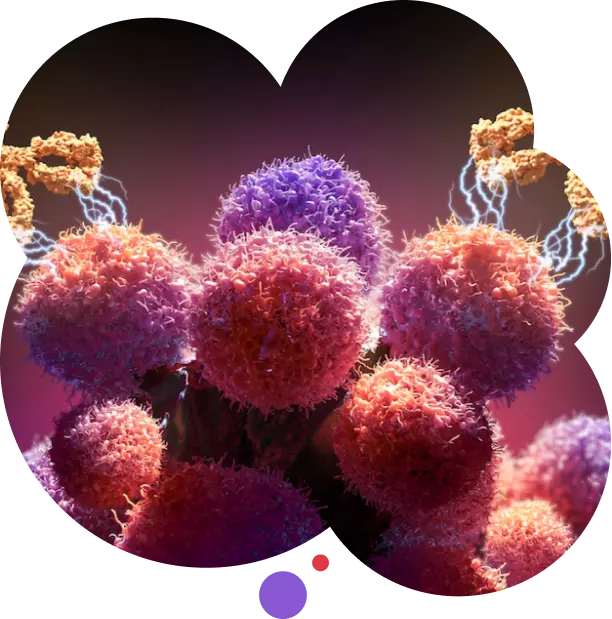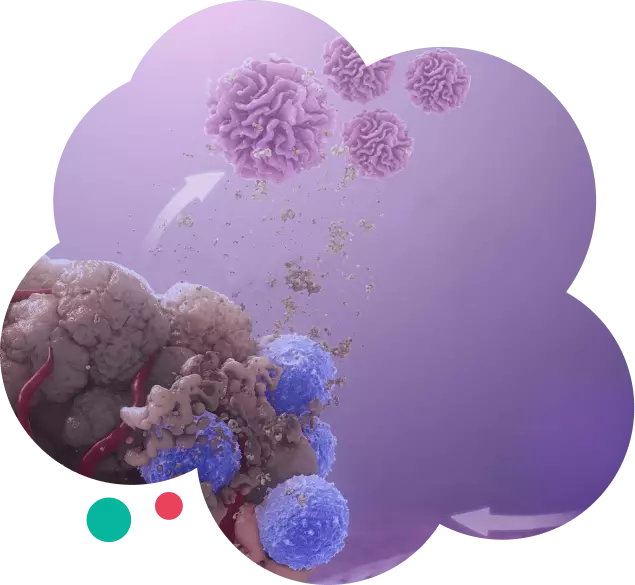
Lymphocyte Immunization Therapy (LIT) at Feto IVF Fertility Center in Coimbatore offers an innovative approach to addressing recurrent pregnancy loss and implantation failures. This therapy involves stimulating the immune system to enhance embryo acceptance, improving the chances of a successful pregnancy for patients with immune-related fertility issues.

Lymphocyte Immunization Therapy (LIT) is a treatment designed to improve fertility outcomes by addressing immune system factors that may contribute to recurrent pregnancy loss or implantation failures.
The therapy involves sensitizing the patient’s immune system to the partner’s or donor’s lymphocytes, which are white blood cells. During LIT, a small number of lymphocytes from the partner or donor are injected into the patient’s bloodstream.
This process aims to help the body recognize and accept the embryo as a non-threatening entity, thereby reducing the likelihood of immune-related rejections. LIT is often considered for couples with a history of unexplained infertility or recurrent miscarriages and is tailored to address specific immune system responses that may impact fertility.
Lymphocyte Immunization Therapy (LIT) is designed to enhance embryo acceptance by modulating the immune system. The process begins with the collection of lymphocytes, which are white blood cells, from the partner or a donor.
These cells are then prepared and injected into the patient’s bloodstream in small, controlled amounts. This exposure helps to stimulate the patient’s immune system to recognize and tolerate these cells as part of its own, reducing potential immune reactions against the embryo.
Over time, this immunization process can improve the patient’s ability to accept the embryo and support a successful implantation. LIT is typically administered a few weeks before an IVF cycle or embryo transfer, allowing the immune system to adapt and improve fertility outcomes by reducing the risk of immune-related pregnancy complications.




The success rate of LIT therapy varies, but studies have shown that it can significantly improve pregnancy outcomes in women with unexplained recurrent miscarriages. One study found a live birth rate of 77.9% in the LIT group compared to 11.9% in the control group.
A LIT blood test is performed on the donor (usually the patient’s husband) to exclude infectious diseases like AIDS before the LIT procedure. 30 ml of fasting venous blood is taken from the donor and lymphocytes are isolated for the treatment.
The typical LIT treatment protocol involves four sessions every 3 weeks as a course. If blocking antibodies (BA) are produced, subsequent treatments are given every 4-6 weeks until pregnancy is achieved. After pregnancy, consolidation treatments are given every 2-3 weeks until 16 weeks gestation.
LIT therapy is generally considered safe, with no significant adverse effects reported such as graft versus host disease, allergy or autoimmune issues. The most common side effects are local reactions like blisters at the injection sites.